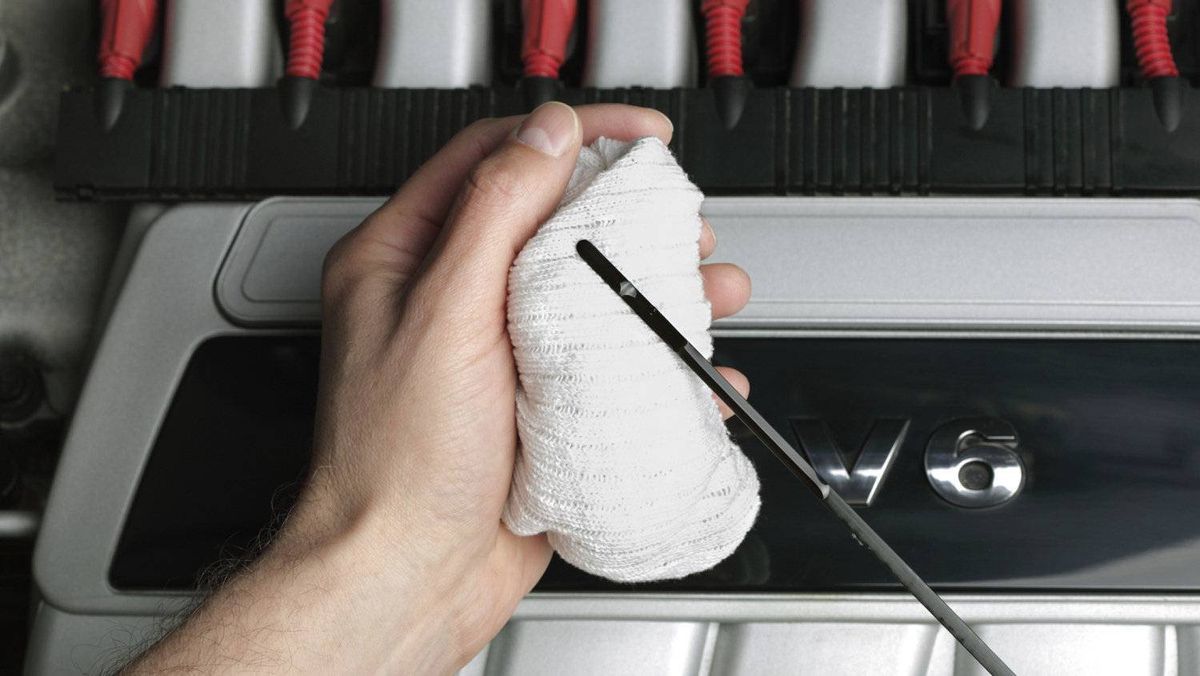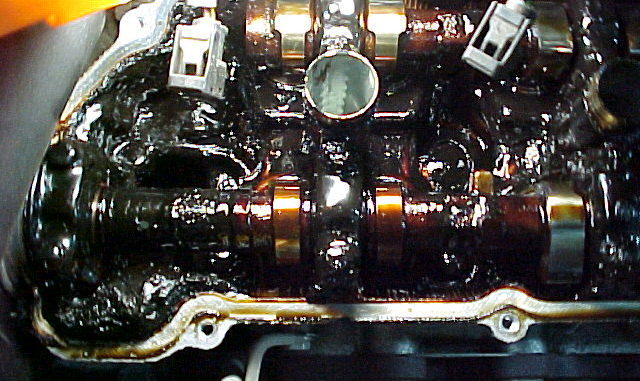A Necessary Evil: 10 Things You Need to Know Before Changing Oil in Your Car
It can ruin a day to look up at a little sticker in the corner of your windshield. Its always there but it doesn’t get noticed very often. But every once in a while you see a date or a number of miles written on it. When you do see the number of miles you probably look down at the car’s odometer to confirm what you already think: that the next oil change is still hundreds of miles in the future. This isn’t always the case and all too often the number on the sticker is less than the number on the odometer. This means its time to get an oil change.
Oil changes can be a hassle. They take time out of your day and cost money that isn’t always at hand. On top of all this, there is the little problem that you aren’t even sure what it means to have the oil changed on a car. The mechanics who do it tell you everything they’ve done but that doesn’t mean that you know what's going on. Here are 10 things you should know before your next oil change.
Why Do You Change The Oil In Your Car?
Your car is a relatively giant machine. It has many moving parts that enable it to convert the chemical energy of fuel into mechanical energy that propels you down the road. Just like anything that moves, the parts of your car’s engine generate heat with their movement. This friction induced heat can cause wear and tear over time. To mitigate the damage that the moving parts of an engine can cause, a lubricant is used to reduce the amount of friction. This, in turn, reduces heat and the associated wear and tear.
Oil essentially dissipates and wears out over time. This means that just because your vehicle came preloaded with oil that it will be good to go forever. The reason that you get an oil change is to replace the oil that may not be functioning optimally with fresh oil that will better serve your engine. An expert oil change is often recommended for the best care of a vehicle.
Via https://www.theglobeandmail.com/globe-drive/culture/commuting/got-a-car-you-rarely-drive-then-it-probably-needs-special-attention/article4107205/
How Often Do You Need To Change Your Oil?
Each vehicle is different. Most manufacturers test vehicles that they produce to determine exactly how much lubricating oil a given engine will need and how often the oil will need to be changed. Most cars will require an oil change every 5000 miles. The age of a vehicle can impact this number, however, with older cars perhaps needing a change every 3000 miles.
What Does Changing Oil Entail?
The process for changing the oil in a car is something to be aware of even if your only part in the process is paying someone else to do it. After determining that the oil indeed ought to be changed the drain plug, usually located under the vehicle, is removed. This allows all the old oil in the vehicle to flow out of the car under the influence of gravity. After all of the oil has drained the drain plug is replaced and an item called the oil filter is changed. The last part of the process is introducing new oil into the engine system. This is usually done by pouring oil from a bottle directly into the engine compartment via a specially designed tank area underneath the hood.
Can The Oil Be Topped Off To Avoid A Full Change?
A fact of car ownership is that oil changes are a constant process. There is really nothing that can be done to reduce the amount of time that can pass between full changes. Topping off oil is the idea that a little oil can be introduced into the engine without draining all of the old oil out. Topping off oil is usually only recommended if your particular vehicle is burning or eliminating the total amount of oil.
Are There Different Kinds Of Oil?
There are several different types of oil that are used in vehicles. It is generally broken down into two categories: synthetic and conventional. The difference between the two types is not as important as the weight of the oil. All oil is judged based on what the industry calls its weight. Talk to your mechanic or consult your owners manual to determine if your car is better off with synthetic or conventional oil and what weight should be used.
Do Diesel Vehicles Need Oil In The Same Way?
The same general idea of lubricating oil works for both vehicles that run on gasoline and diesel. The engine has moving parts that require lubrication to enable smooth running. The difference is in the type of oil that is used. Gas vehicles typically use oil types that fall in the same category. Diesel engines require oil designed specifically for that task.
Is There A Time Of Year That Is Better For Oil Changes?
Theoretically, the best time to change the oil of your car is when it reaches the 5000 mile mark since its last change. While there may not be a specific time of year that is more amenable to oil changes there are factors that could decrease how long oil stays effective. These factors include cold weather, frequent short trips, and idling time.
Should You Change Your Own Oil?
Changing your own oil is one of the few aspects of technical car maintenance that many people find doable. This is a way to reduce the costs of the necessary evil of oil changes. For most people, however, it can be a nerve-racking thing to perform something as involved as a full oil change on their own vehicle. This is especially the case if you have never attempted such a thing and aren’t confident that you know what kind of oil the car needs. In these cases, it is better to seek out a trained professional.
How To Check Your Oil Level
Even if you find yourself too timid to change the oil by yourself there is a less risky way to be involved and aware of what is going on with your engine. If you open the hood of your vehicle you will see a plastic cap with an oil can cartoon on it. By twisting this plastic cap and pulling it off you will reveal a long, thin piece of metal. That piece of metal is called the dip stick and can help you determine the oil levels of your vehicle. For instructions on this procedure click here.
What Should You Do If You Went Far Over The Recommended Change Limit?
Say you lost track of the miles, or you were previously unaware about how oil changes worked and your car is several thousand miles over the recommended change limit. What should you do? Stop driving your car! Several and devastating damage can occur if a car’s oil is neglected for an extended period. The next thing on your to-do list in this situation is to get your vehicle to a mechanic shop so they can asses the situation.


